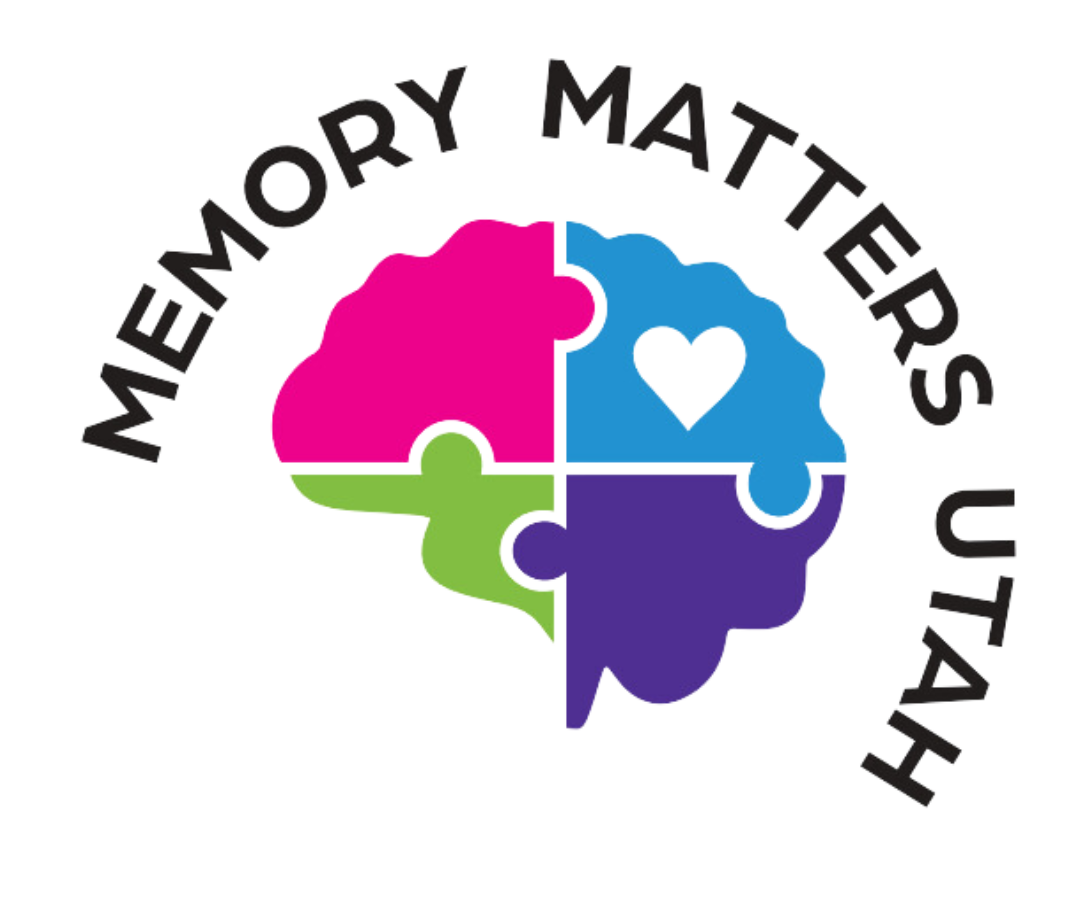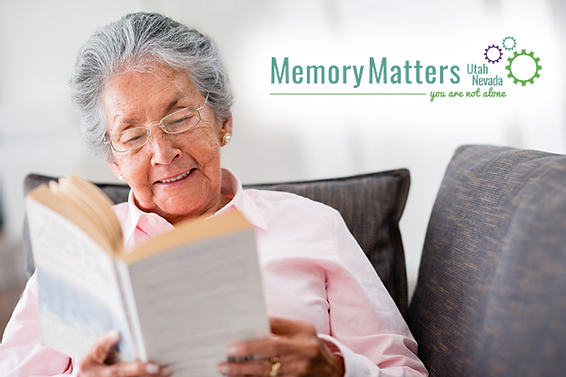…Stories, and experiences from those who’ve been there can be enriching and useful to add to one’s set of skills. Learning about dementia can make caregiving easier.
Caring for someone with Alzheimer’s or dementia is a tough challenge. Plus, many of the most effective care and communication techniques aren’t easily figured out and might even go against our intuition.
Not knowing these helpful techniques can cause added frustration and stress for both you and your older adult. That’s why educating yourself is so important. Learning as much as you can about the disease helps you solve everyday issues and improve quality of life for both of you.
To make caring for your older adult a little easier, we’ve rounded up 6 top Alzheimer’s and dementia caregiving books that would benefit both new and experienced caregivers. They’re praised and recommended by experts and family caregivers alike.
These 6 books help with practical care tasks, explain how to manage difficult symptoms, share tips for coping with stress, give ideas for realistic and engaging activities, and share personal stories.
6 Must-Read Alzheimer’s Books For Caregivers
1. The 36-Hour Day: A Family Guide to Caring for People Who Have Alzheimer’s Disease, Other Dementias, and Memory Loss, 6th edition, by Nancy L. Mace and Peter V. Rabins
The 36-Hour Day is often referred to as the “gold standard” book for families who are caring for someone with Alzheimer’s or dementia. It’s a care guide that has practical tips and information to improve the lives of people with dementia and also to help caregivers cope with their own emotions and needs. The latest edition also includes new info on:
- Devices to make life simpler and safer for people who have dementia
- Strategies for delaying behavioral and neuropsychiatric symptoms
- Changes in Medicare and other health care insurance laws
- Palliative care, hospice care, durable power of attorney, and guardianship
- Dementia due to traumatic brain injury
- Choosing a residential care facility
- Support groups for caregivers, friends, and family members
What caregivers are saying in Amazon reviews: “Recommended to me by a neuropsychiatrist treating family member. A good guide for those dealing with someone with dementia. It gives good guidelines as to what to expect, how to deal with it and plans for the inevitable future consequence of this disease.”
“I first purchased this book about 23 years ago when I was caring for my mother who had dementia. It helped me greatly. My niece is now caring for another relative with dementia and I decided to purchase the updated version for her and one for me also. It is very, very helpful.”
“Very helpful in understanding what’s going on if you have a loved one beginning to show signs of dementia. Also helps families to understand the issues they will be dealing with as a family, the strains it can place on families, and how to try to mitigate them and how to avoid letting your loved one’s dementia tear your family apart. That’s what’s been the most helpful for me, that and knowing that the behaviors aren’t on purpose or something the person can control, so you can be prepared to not take it personally or overreact. A good resource, I’m glad my family found it.”
2. Learning to Speak Alzheimer’s: A Groundbreaking Approach for Everyone Dealing with the Disease, by Joanne Koenig Coste
Joanne Koenig Coste has a practical approach to the emotional well-being of both the person with dementia and their caregiver. She emphasizes relating to people with dementia in their own reality and focuses on improving communication – proven successful with thousands of people living with dementia. This book also offers hundreds of practical tips, including how to:
- Cope with the diagnosis and adjust to the disease’s progression
- Help the patient talk about the illness
- Face the issue of driving
- Make meals and bath times as pleasant as possible
- Adjust room design for the patient’s comfort
- Deal with wandering, paranoia, and aggression
What caregivers are saying in Amazon reviews: “A really nice reference for all stages of Alzheimers. I appreciate the “to the point” talk and suggestions and feel much better approaching challenges of being a caregiver.”
“Written by someone who knows from experience what a caregiver’s life entails. She gives so many practical hints for making life better for the caregiver and the one with dementia.”
“This is an excellent book to help understand how to care for someone with dementia. I highly recommend it. It is eye-opening and invaluable for helping and interacting with someone who has dementia. And it will allow the caregivers/family members to have a far more enriched relationship with the dementia sufferer. I strongly believe that this helps me and my sisters improve the quality of our father’s life.” 3. Creating Moments of Joy Along the Alzheimer’s Journey: A Guide for Families and Caregivers, 5th edition, by Jolene Brackey
Jolene Brackey’s vision is that we’ll focus on creating moments of joy that put a smile on their face or a twinkle in their eyes. Even if they won’t remember what we said or did, the positive feelings will stay with them.
The newest edition of this book is filled with even more practical advice sprinkled with hope, encouragement, new stories, and humor.
What caregivers are saying in Amazon reviews: “Good book for caregivers and families of those with Alzheimer’s. I like that the book has questions/scenarios so you can quickly read about the different daily occurring topics, which are right on for our family.”
“This book has made me laugh out loud during moments when I felt like sobbing. I am the primary caregiver for my Mom; I have two sisters who are here for Mom and for me as much as they can be. Reading this has helped me create moments of joy for all of us. I AM the nutty caregiver the author urges us to be. Nothing is too outrageous to say or do in order to make Mom laugh. I have let go of my inhibitions; I have let go of my preconceived notions of how I think Mom should act; I have let go of the thought that I know what’s best for her to eat or wear.”
“Good book, helped me do things with my mom that brought her joy. I am so happy I read this and implemented some of the ideas in it because she died six months after I bought the book,and I am SO HAPPY that I was able to bring her joy in her last months of life. She was so confused and angry and depressed about her dementia, and the ideas in here made her forget about it, even if only for a little while…” 4. Surviving Alzheimer’s: Practical tips and soul-saving wisdom for caregivers, by Paula Spencer Scott
In her book, Paula Spencer Scott talks about what every family caregiver needs to know – how to help someone with dementia without sacrificing yourself. This book includes:
- The best, most current thinking on how to enhance quality of life and safety while minimizing stress on everyone involved.
- The “Why This, Try This” approach to understanding what’s behind odd, frustrating behaviors – and what you can do about them.
- How to defuse resentment, guilt, anger, and family friction.
- Lifesaving insights from a team of top dementia-care experts from geriatrics, psychiatry, social work, law, dementia therapy, and caregiver advocacy.
- Stories and ideas from real families.
- A fast, scannable format that’s perfect for the short-on-time caregiver.
What caregivers are saying in Amazon reviews: “An excellent and extremely helpful book for anyone caring for someone with dementia. It has helped me and my sisters improve the quality of our father’s life as he is being affected by this cruel disease. It has also helped us improve the quality of OUR interaction with him, learning how best to communicate with him, and learning how to keep him engaged and focused as much as possible. Truly remarkable!”
“This book has save me from so much stress and help figure things I wasn’t aware my mother was suffering from. You learn the code to speak with them…”
“Love the format – quick and easy to look up a symptom and find reassuring advice.”
5. Activities to do with Your Parent who has Alzheimer’s Dementia, by Judith A. Levy EdM OTR Everyone needs to feel engaged & entertained. But finding activities that someone with dementia can enjoy is a constant challenge.
The activities in this book help maintain your parent’s self-care skills, mobility, and socialization. The tasks encourage success, boost self-esteem, and give you different opportunities to interact with your older adult. The book also includes:
- Over 50 activity ideas with suggestions on how to do them
- Caregiver burnout prevention ideas
- Alzheimer’s dementia support sources
- Room by room safety suggestions
- Home and personal safety assessment
- Definitions of frequently used medical terms
What caregivers are saying in Amazon reviews: “Great ideas with good background on why these activities are beneficial cognitively and emotionally.”
“…As you know, it’s so difficult to keep up a positive, cheerful attitude when faced with the never ending task of caring for my mother. The most important thing for us is to keep my mother as happy and healthy as possible and these suggestions are just what we needed.”
“This is a great book. Each chapter is a quick read. I love that she explains why this activity- what it does for the person doing it. She also gives insight about what she saw with her own Mother while doing the activities. At the end of each quick read chapter there is an assessment page so you can keep notes on how your loved one responded. It is a well thought out book and I recommend it for anyone who has a loved one with dementia or Alzheimer’s.”
6. Chicken Soup for the Soul: Living with Alzheimer’s & Other Dementias: 101 Stories of Caregiving, Coping, and Compassion, by Amy Newmark Caring for someone with Alzheimer’s or dementia can make you feel lonely and isolated but you’re definitely not alone in this.
This book has 101 encouraging and inspiring stories by caregivers like you. It’s a wonderful source of support and encouragement throughout the caregiving journey.
What caregivers are saying in Amazon reviews: “Alzheimer support group meets monthly, so Chicken Soup for the Soul: Living with Alzheimer’s is a good boost/support in between meetings.”
“My mother has had dementia for a couple years now and she found that reading about other people’s experience helps.”
“Great stories of real people and how they deal with dementia.”
“Thoughtful and supportive stories for those like me who are caring for a family member who has advanced dementia. It’s hopeful and positive, sad sometimes, uplifting frequently.”
*Memory Matters has educational resources available in our office including free brochures, books and an extensive resource library including audio-visual materials for loan.

